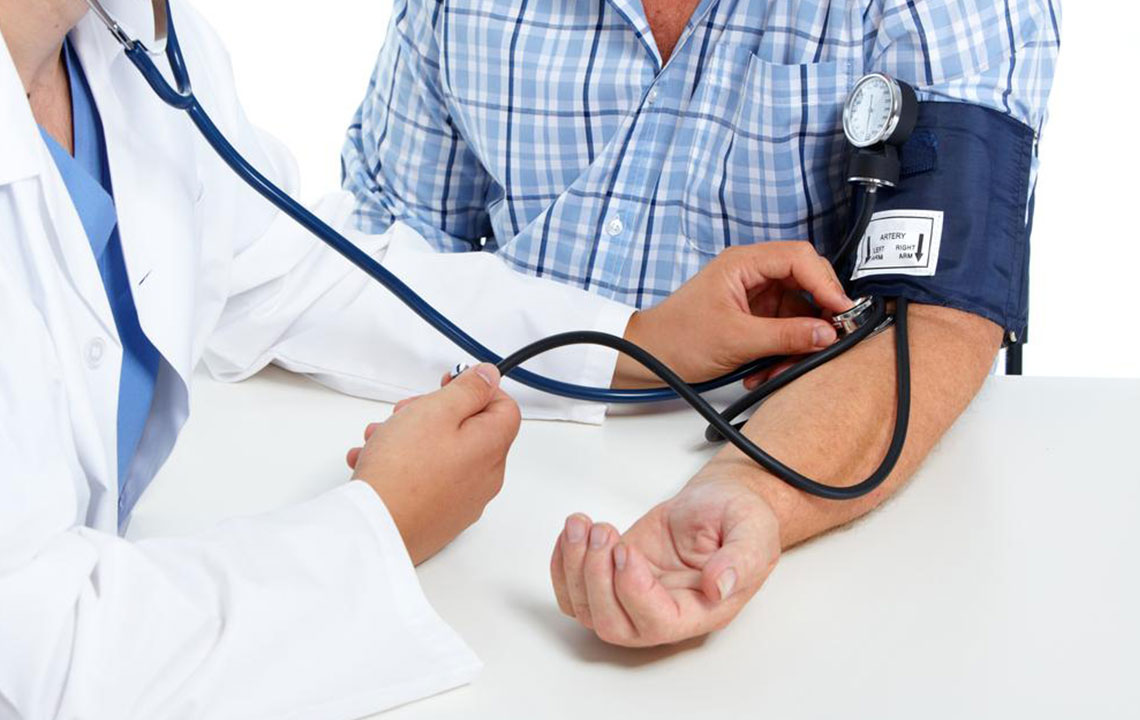Understanding the Major Health Risks of High Blood Pressure and How to Protect Yourself
High blood pressure poses serious health risks including stroke, heart failure, and cognitive decline. Early diagnosis and management are key to reducing these dangers. This detailed article explains the most common health threats caused by hypertension and offers practical tips for prevention and control to promote overall health and well-being.

The Top 5 Health Dangers Associated with Hypertension
High blood pressure, also known as hypertension, is a silent yet potentially deadly condition that significantly increases the risk of serious health problems if left unmanaged. It exerts excessive pressure on blood vessel walls and vital organs, leading to tissue damage and impairing normal bodily functions. Chronic hypertension can silently cause damage over years, often without noticeable symptoms, making early detection and proper management crucial for maintaining a healthy life. In this comprehensive overview, we will explore the five most common and dangerous health risks linked to high blood pressure, along with preventive strategies to mitigate or avoid these complications.
Stroke and Heart Attacks: Hypertension drastically impacts the cardiovascular system by damaging arteries, leading to the formation of blockages or ruptures that can cause strokes and heart attacks. Elevated blood pressure accelerates the process of atherosclerosis, where fatty deposits build up on arterial walls, narrowing blood flow channels. When these deposits rupture or blood flow is obstructed, the brain or heart tissue becomes deprived of oxygen and nutrients, resulting in damaging events that can be fatal or lead to long-term disabilities. Effectively controlling blood pressure levels through medication, lifestyle changes, and regular health checks can significantly diminish the risk of these life-threatening incidents.
Heart Failure: Persistent hypertension causes the heart to work harder than normal, leading to structural changes such as thickening of the heart muscle (left ventricular hypertrophy). Over time, this increased workload weakens the heart’s ability to pump blood efficiently, culminating in congestive heart failure. This condition manifests as fatigue, breathlessness, swelling in the legs and abdomen, and other symptoms associated with poor circulation. Timely management—such as antihypertensive therapy, aerobic exercise, and a heart-healthy diet—can help prevent the progression to heart failure and preserve overall cardiac health.
Beyond the heart and vascular system, uncontrolled high blood pressure can impact the brain, leading to cognitive decline, memory loss, and increased risk of stroke. It can also trigger a cluster of metabolic conditions collectively known as metabolic syndrome, characterized by abdominal obesity, insulin resistance, high triglycerides, and reduced HDL cholesterol levels. These factors substantially elevate the chances of developing type 2 diabetes, cardiovascular diseases, and cerebrovascular accidents. Moreover, weakened blood vessel walls due to hypertension may lead to aneurysms—dangerous bulges that can rupture and cause severe internal bleeding. Therefore, routine blood pressure monitoring, adopting lifestyle modifications, and adhering to prescribed medications are vital for prevention and health maintenance. Keeping your blood pressure in check is an essential step toward a healthier, longer life.





